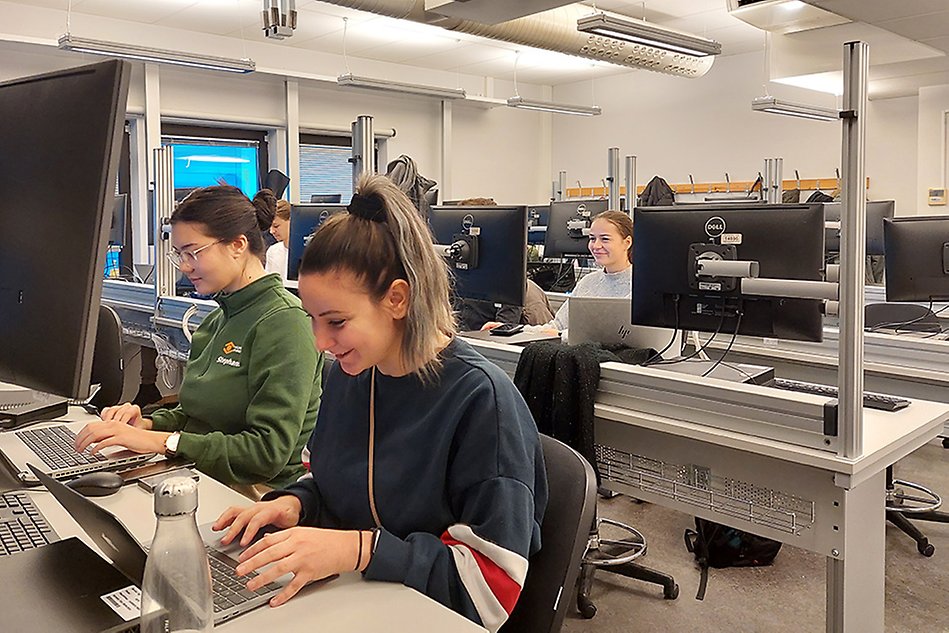
Master's Programme in Network Forensics
As a specialist in IT security and digital forensics, you have an expertise that matches the growing use of the internet and digital communications systems, especially in the form of the Internet of Things. This master’s programme, with its unique interdisciplinary content, reflects our digitalised society’s need for network forensic competence.
Education occasions
About the education
Courses and competencies
The Master’s programme in Network Forensics has a multidisciplinary connection to technology and social sciences. During the programme, you build theoretical and practical skills for work in IT forensic network analysis. You also develop in-depth knowledge of data mining, cybersecurity and investigation into cybercrime.
The first semester deals with digital forensics and the scientific methodology used in the field. During the second semester, you develop in-depth knowledge of the role of forensics in sustainable development, with social science, technical and ethical perspectives. At the same time, you perform a research, innovation or development oriented degree project in digital forensics.
Learn more about the courses included in the programme in the programme syllabus.
The programme is conducted in English.
Innovative environments and teaching methods
The education at Halmstad University is characterised by our profiling as a university that drives innovation. The courses integrate work-related issues into a creative learning environment.
In the lab environment, you develop practical skills with advanced equipment from the Cisco Networking Academy and the Palo Alto Networks Academy. You participate in incident management exercises and workshops based on material from the European Union Agency for Network and Information Security (ENISA) and the Swedish Civil Contingencies Agency (MSB).
Participation in international networks
Halmstad University is a member of a European network for higher education institutions and police organizations called ECTEG (European Cybercrime Training and Education Group). The network jointly develops training materials in digital forensics and cybersecurity that make our courses very relevant and popular with employers. The University is also a so-called Cisco Academy and a Cisco Instructor and Training Center. This means that we have the right to train both instructors and students in Cisco Networking Academy's various courses. Cisco Networking Academy is one of the world's leading players in cybersecurity courses.
After the education
Degree
The programme leads to a Degree of Master of Science (60 credits) with a major in Digital Forensics.
Career
The Master’s programme in Network Forensics prepares you to work independently on criminal forensic investigations of computers or as a computer administrator specialising in computer networks and IT security.
Opportunities for further studies
After the programme, you are qualified to apply for doctoral and PhD studies, for example in the University’s own third cycle courses in information technology.
Meet our students and alumni

Students organise ethical hackaton
Partner universities from Sweden, Belgium and Norway gather online for six hours to hack, interact, and learn with the aim to strengthen digital security skills.
Contact
- Questions about entry requirements, selection and admissions: admissions@hh.se
- Questions regarding studies and career opportunities: Study and Career Guidance
- Questions about the content of the education, contact the Programme Director. Contact details can be found in the education occasions box.

